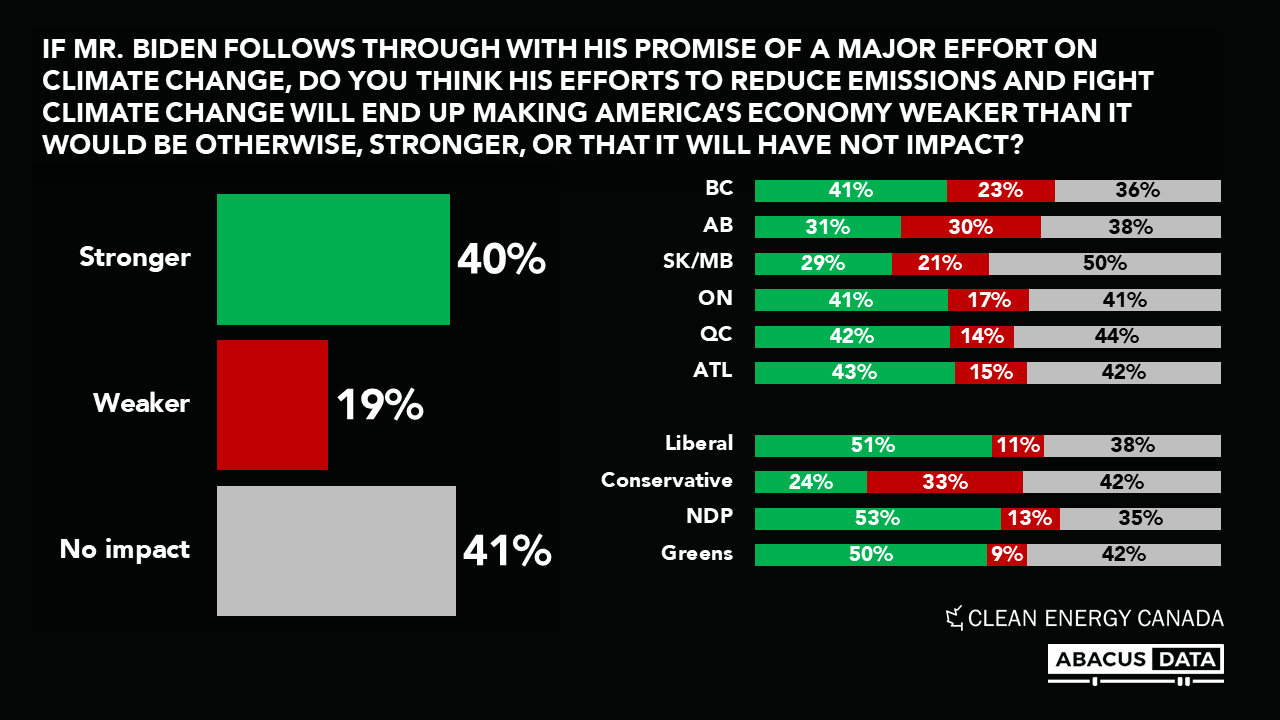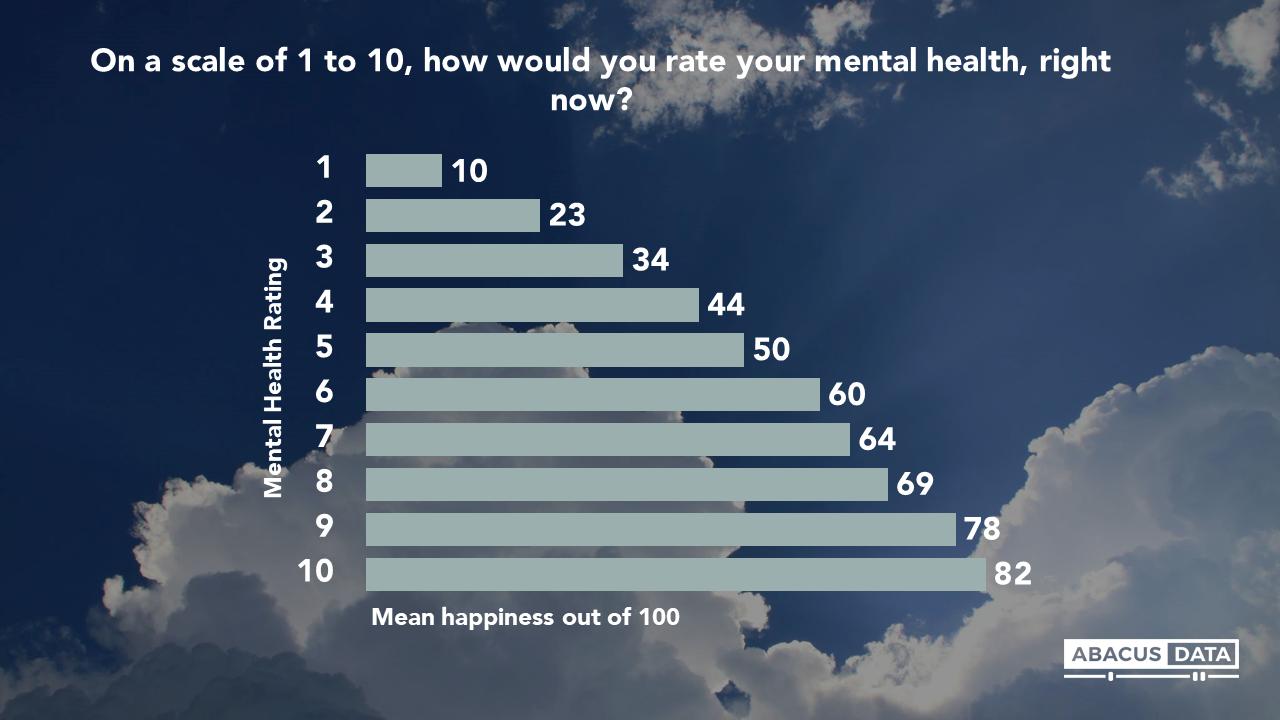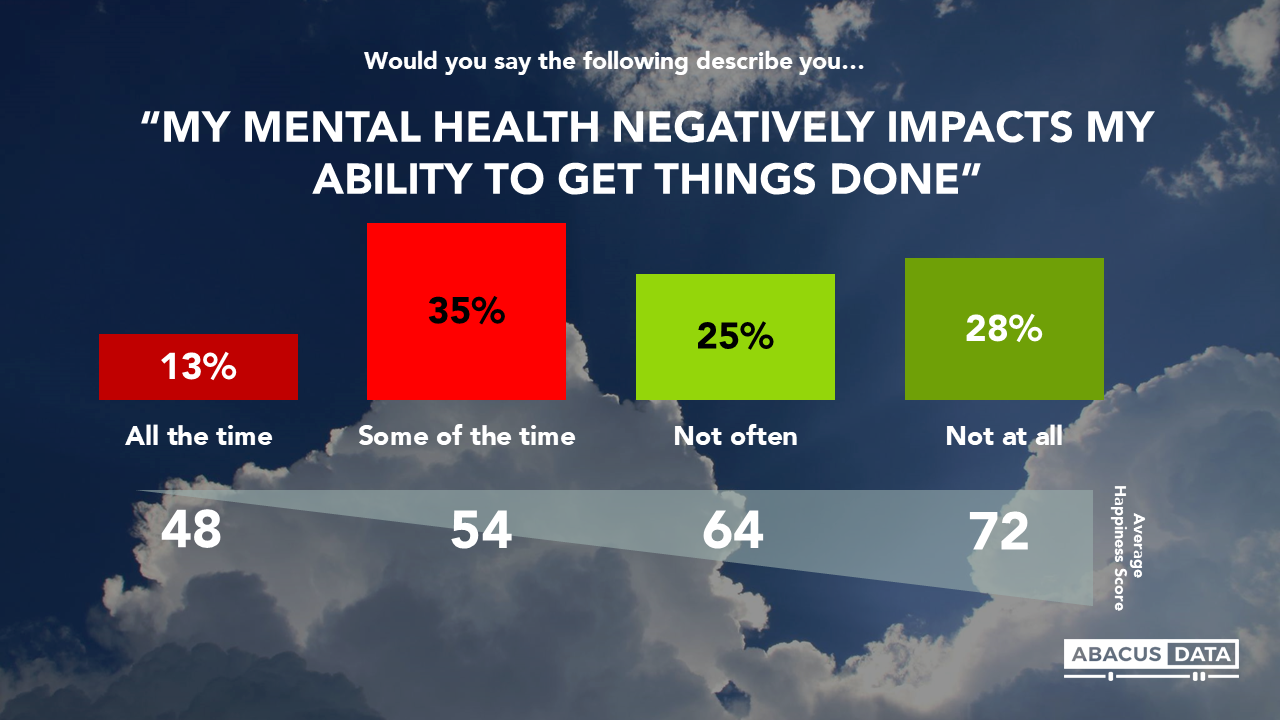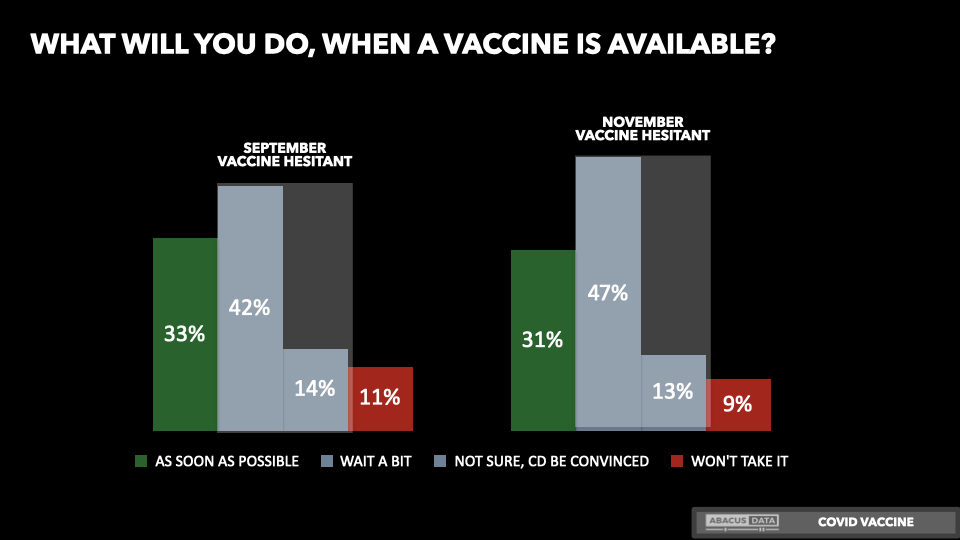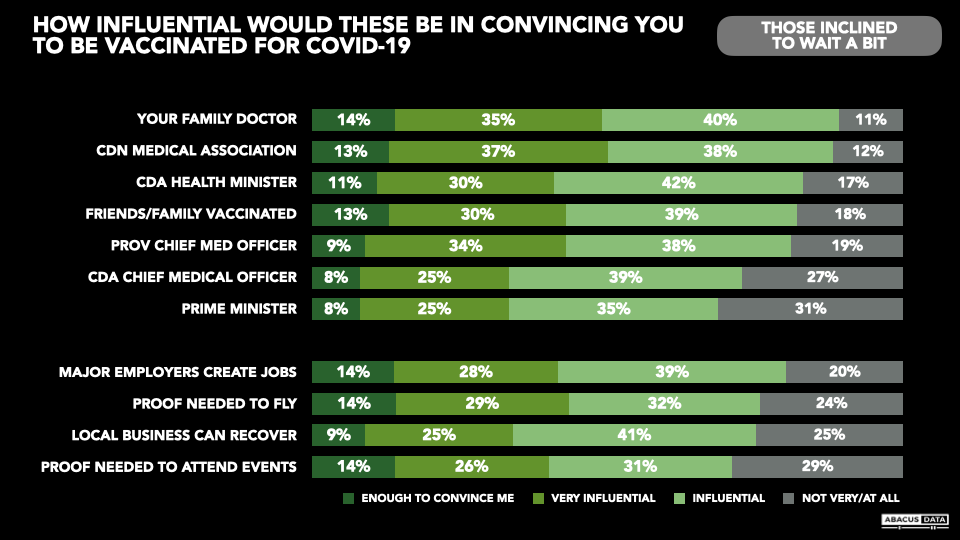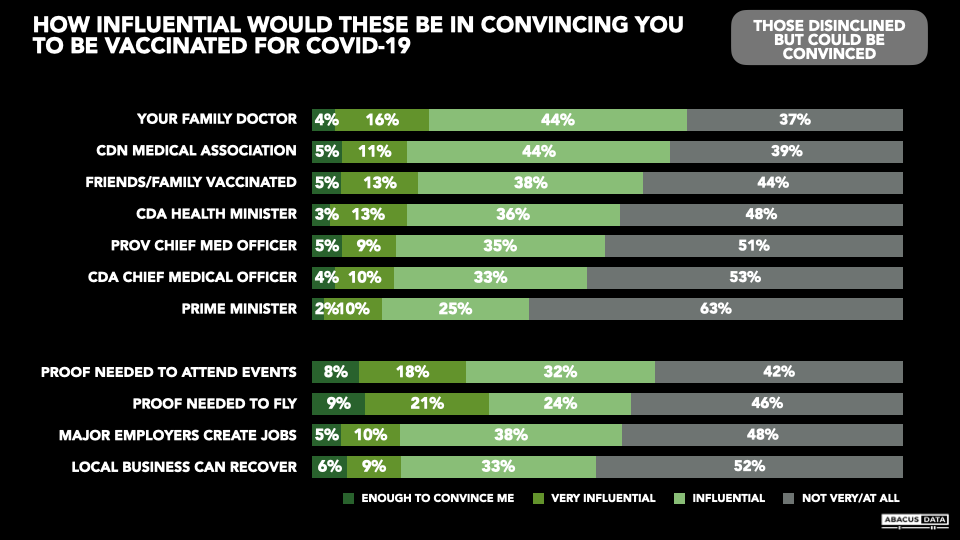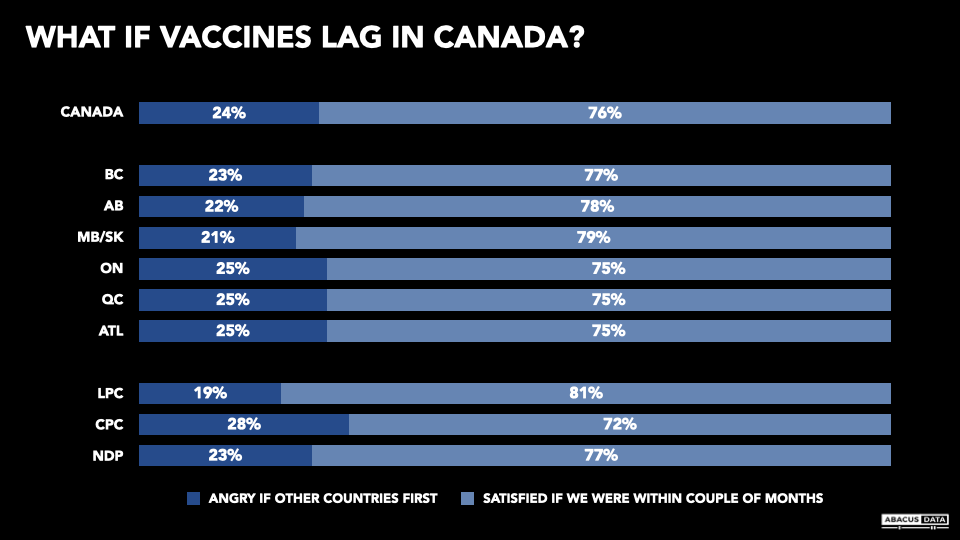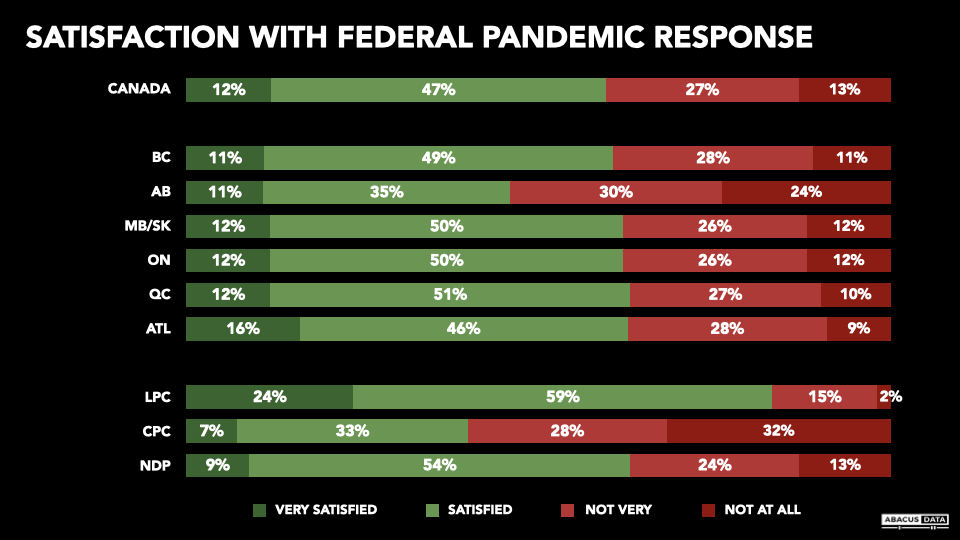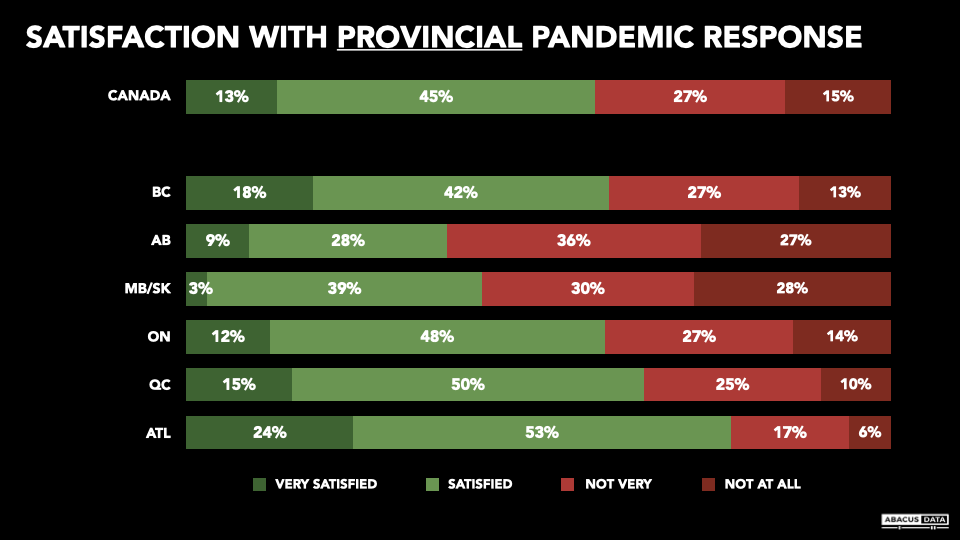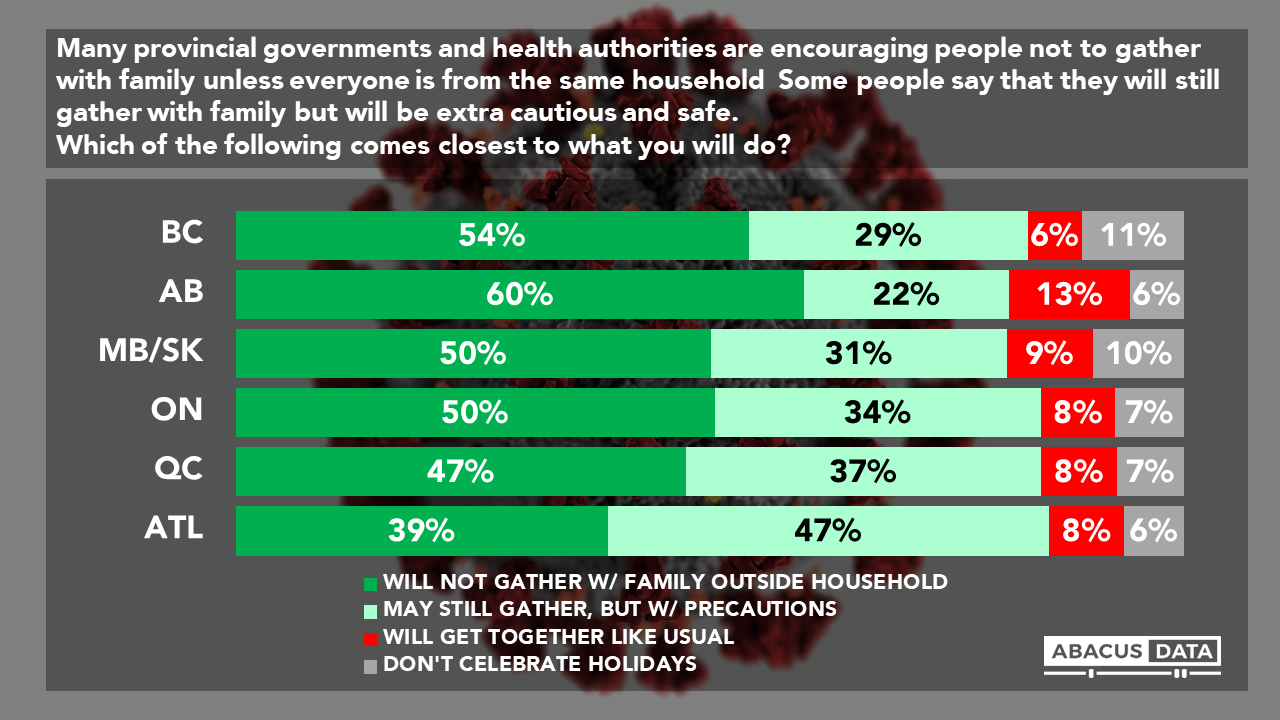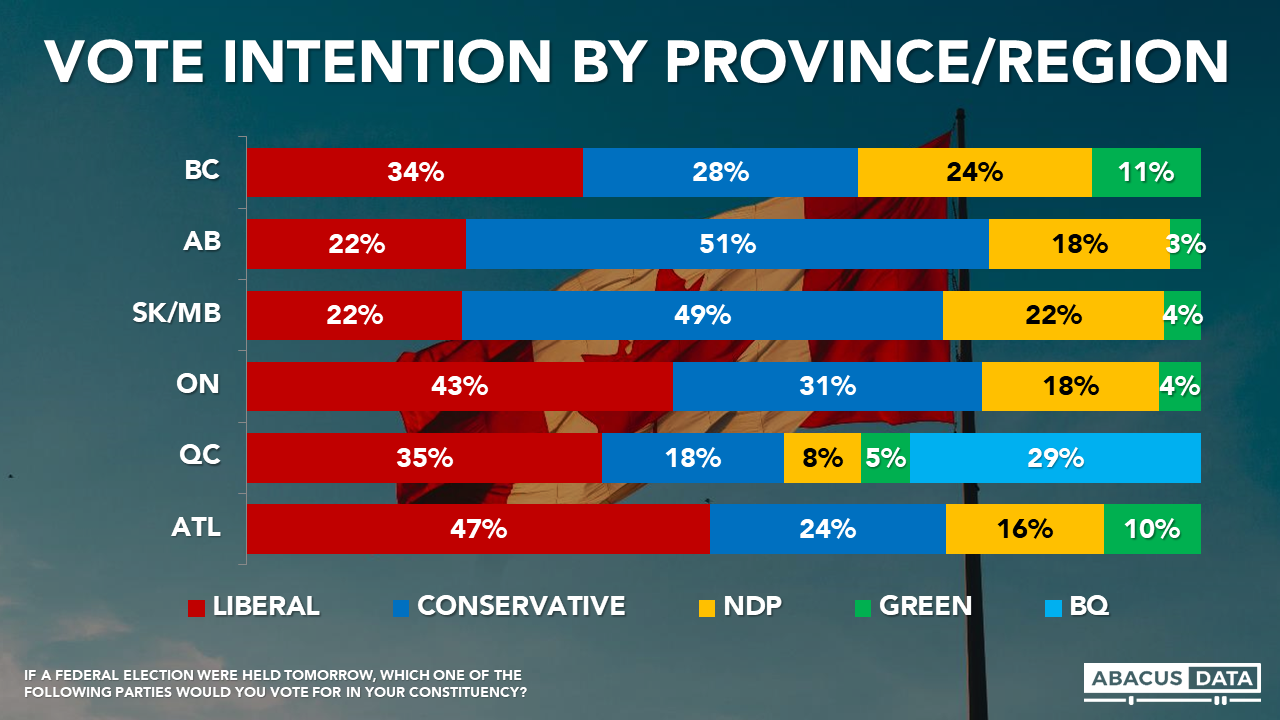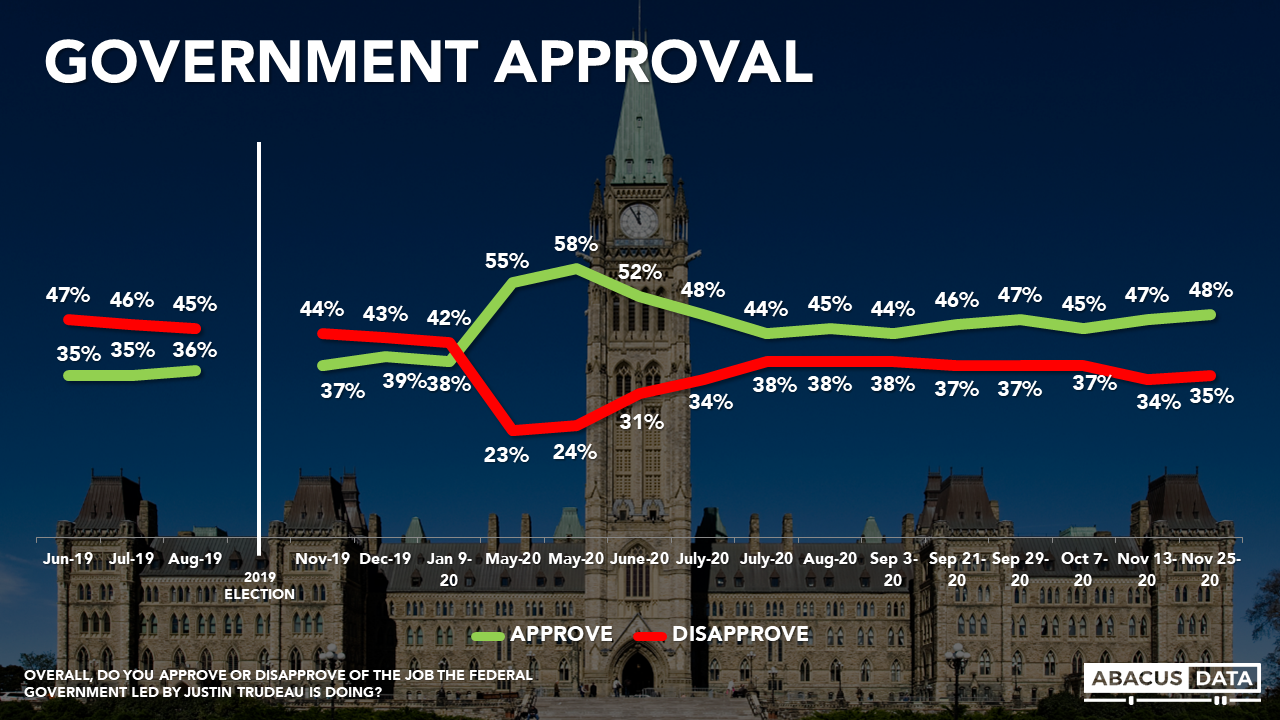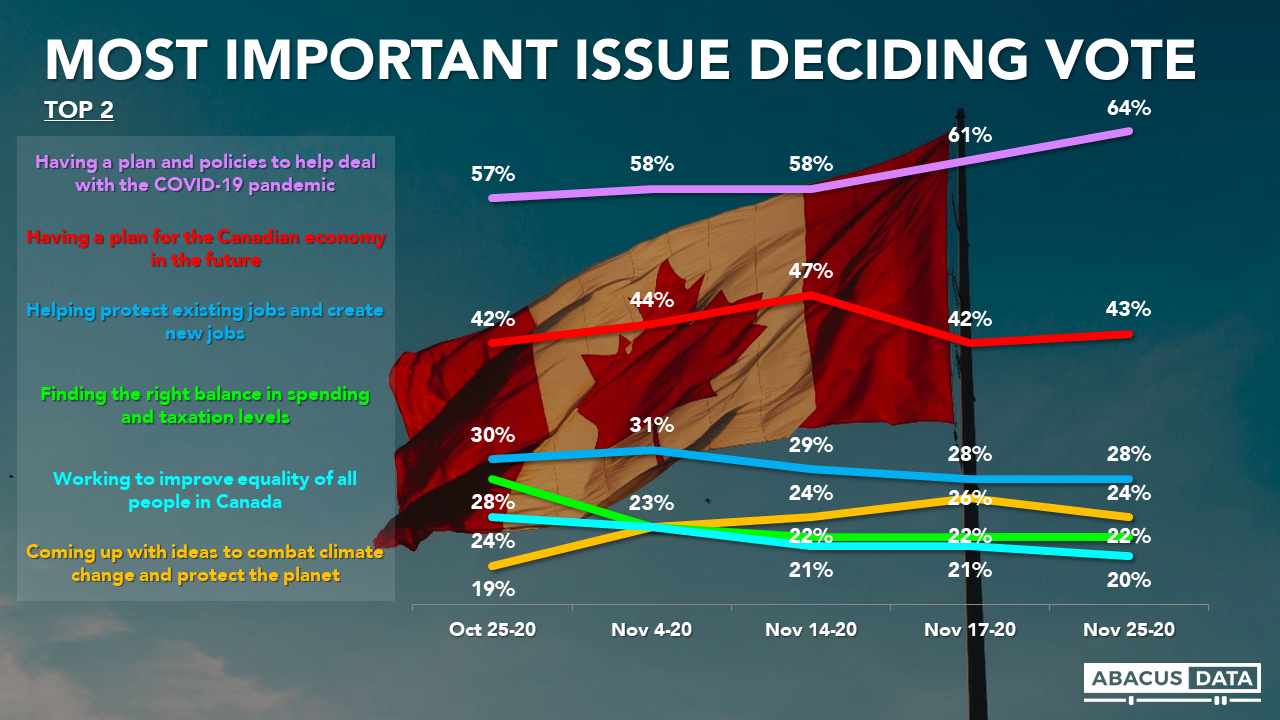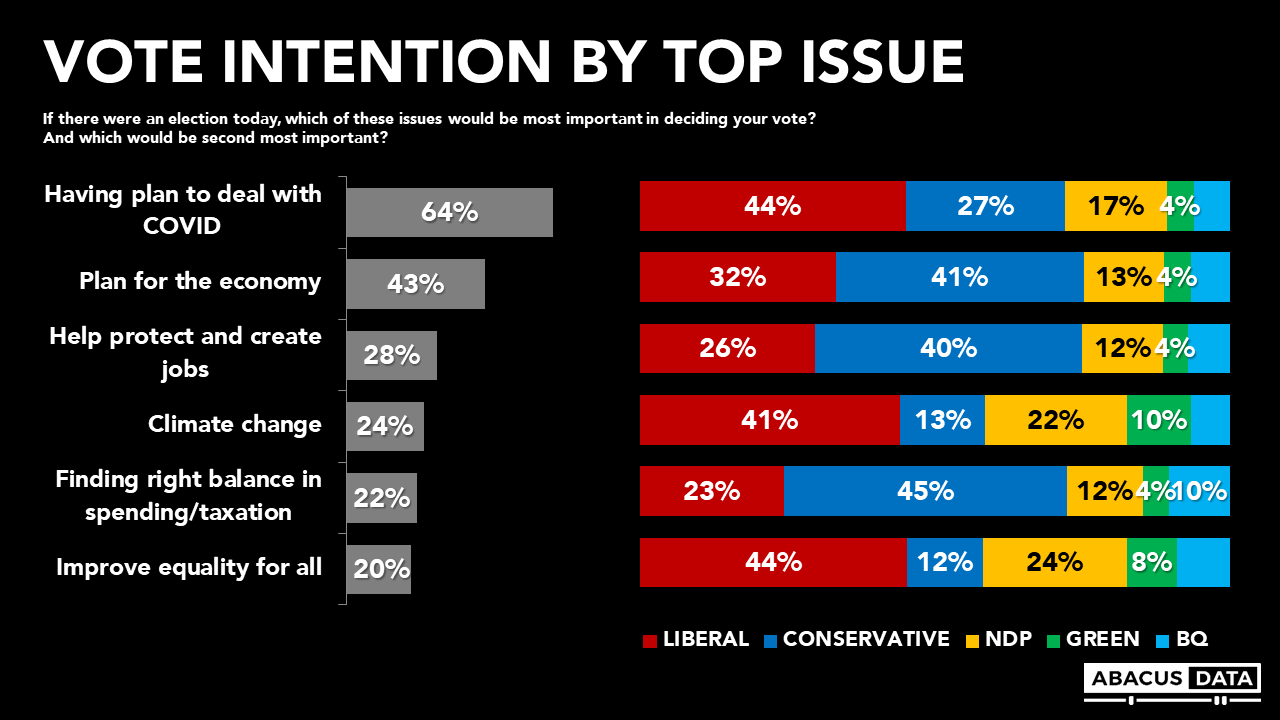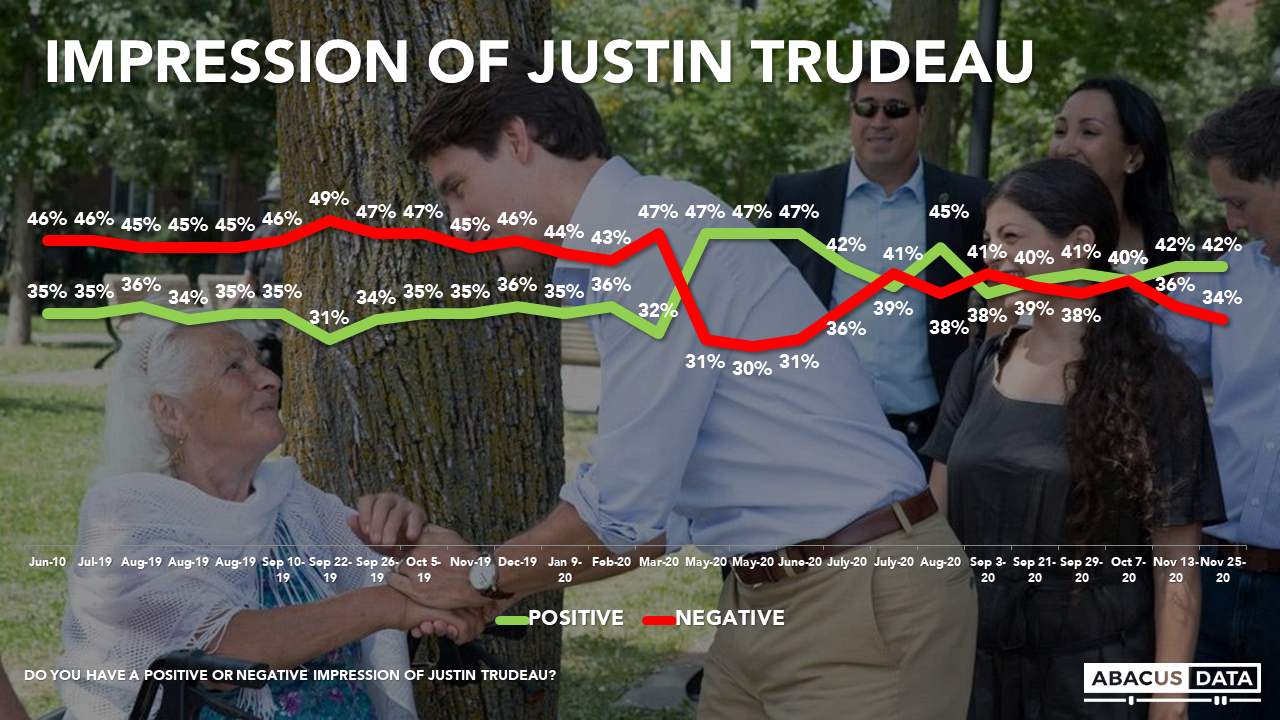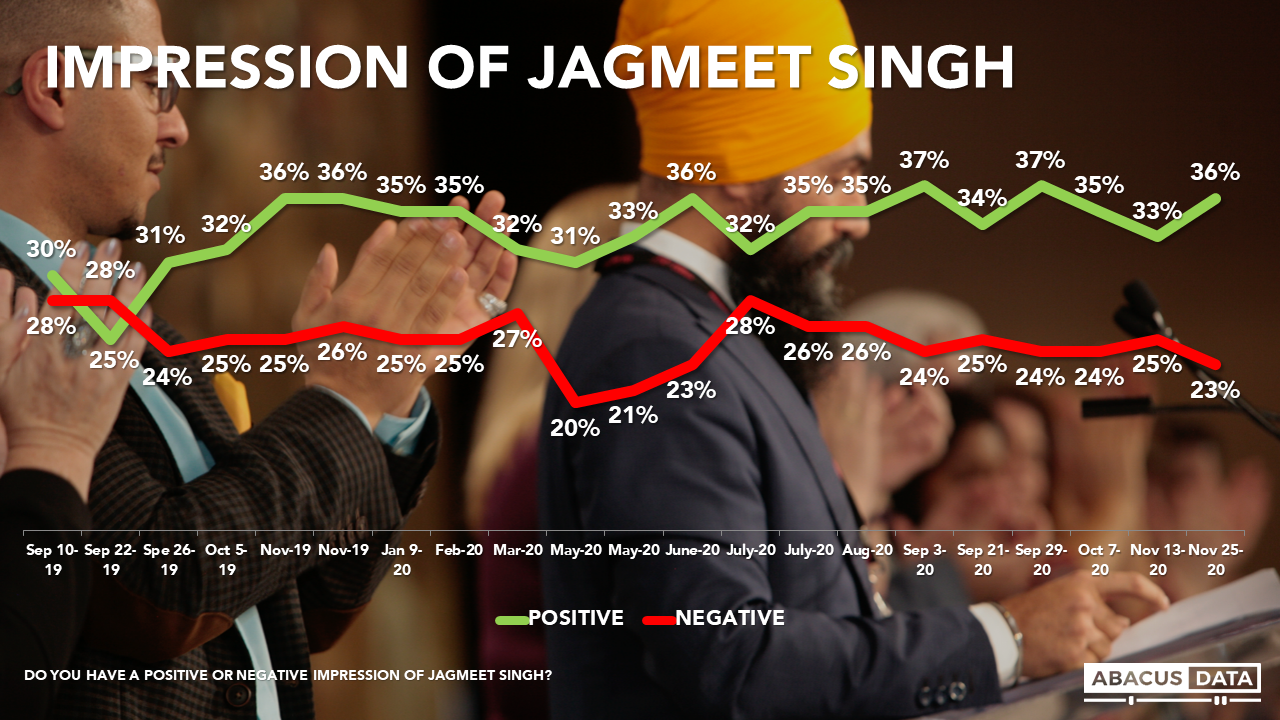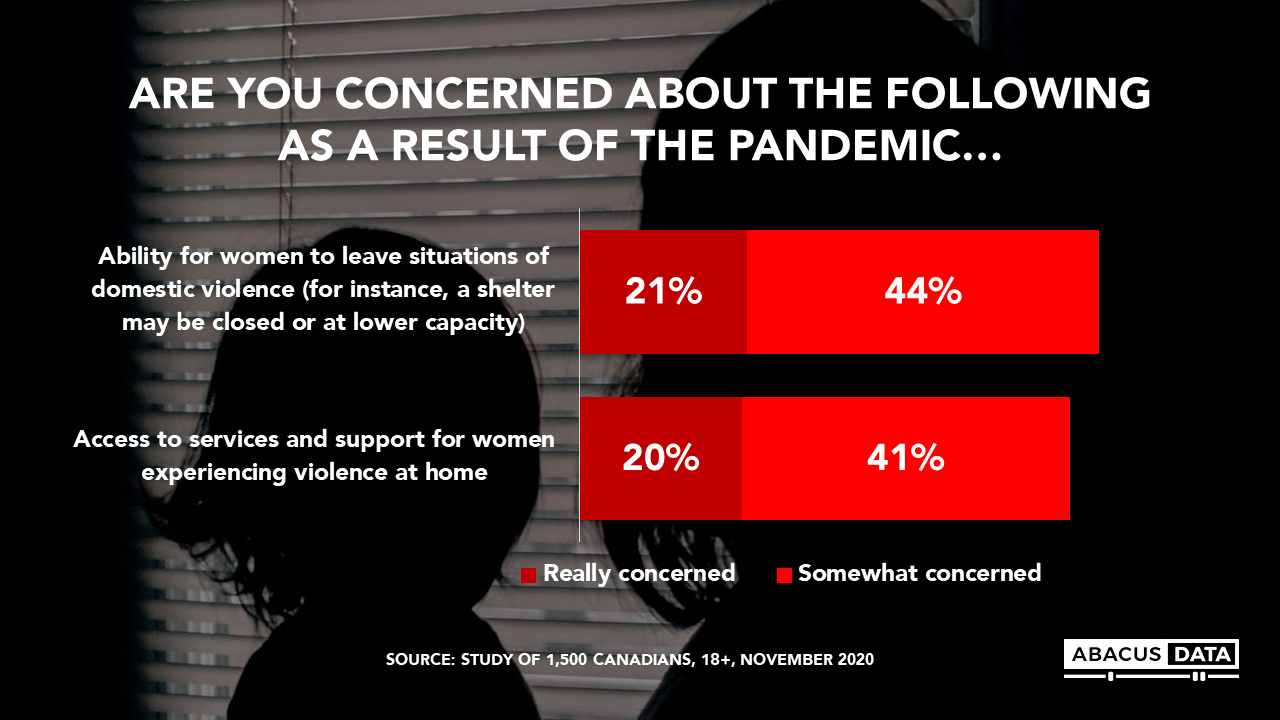Canadians Support Vaccinating Healthcare Workers Worldwide
With the announcements of the Pfizer and Moderna vaccines last month and vaccine deployment teams ramping up their strategic planning the reality of a vaccine is getting closer and closer. It’s something that has been talked about since the beginning of this pandemic ‘When we get a vaccine…’, ‘A vaccine will help us return to normal’…. But now that the time is nearly here, how do Canadians feel about the logistics about the deployment of a vaccine worldwide?
We partnered with CanWaCH (The Canadian Partnership for Women and Children’s Health), to understand how Canadians feel about a vaccination strategy beyond our borders.
First, three in four (76%) Canadians say it is critical that every healthcare worker worldwide is vaccinated once a vaccine becomes available. Canadians understand the important work and sacrifices our healthcare workers have made worldwide and understand the importance of providing healthcare workers with a vaccine that can keep them safe on the front lines.
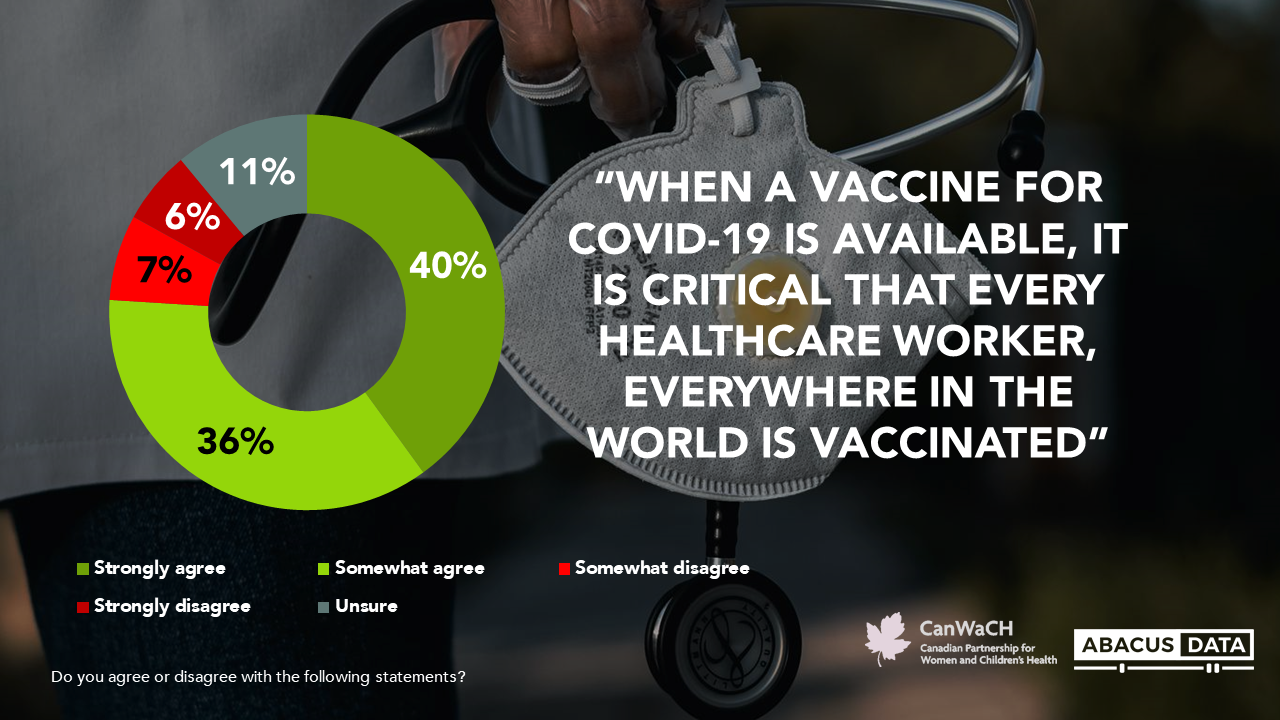
A clear majority of Liberal (88%), Conservative (67%) and NDP (80%) voters support this approach, especially Liberal voters (52% say they strongly agree with this approach).
Canadians also support the federal government providing financial assistance to ensure this is possible. More specifically, two-thirds (67%) support a financial contribution of $50 million from the federal government. We wanted to understand whether this financial contribution came with a hard-stop, but even when the number is doubled (to $100 million) we still see support from 63% of Canadians. This suggests there is little hesitancy about the cost, and that Canadians understand the importance of the issue and want to see our government making a contribution.
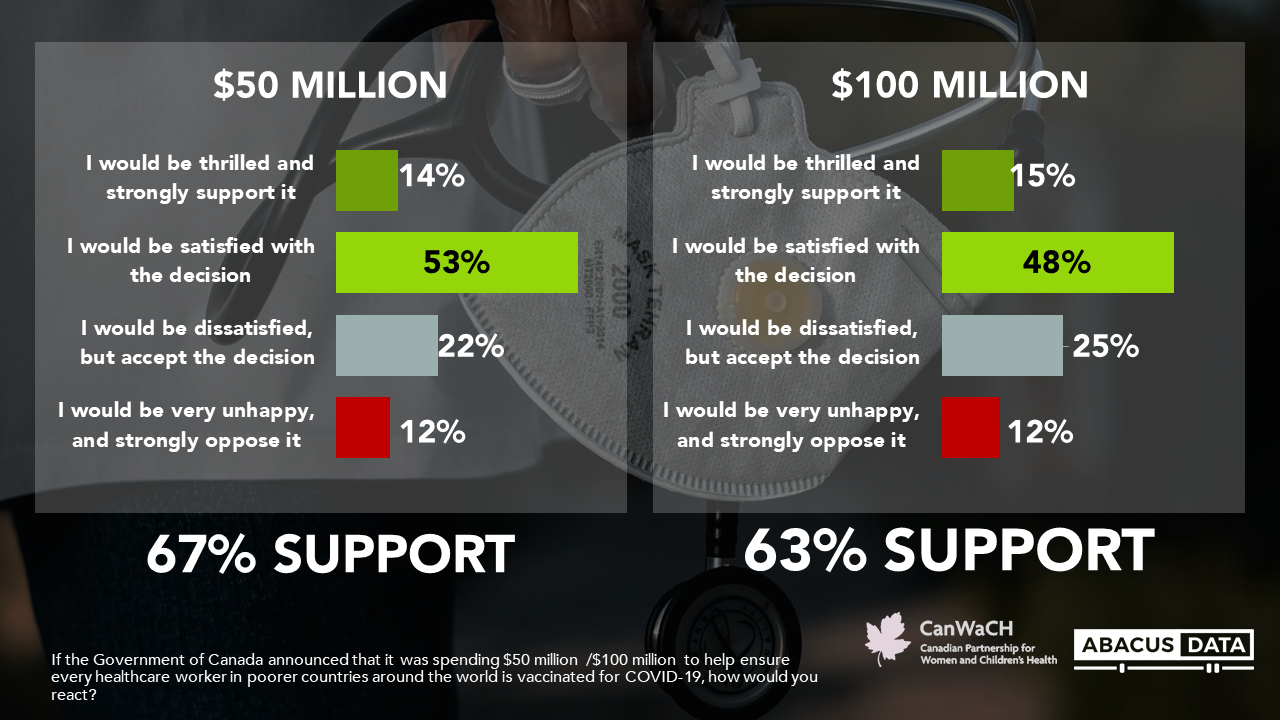
Finally, these perceptions are grounded in an understanding that stopping the spread of COVID-19 in Canada means stopping the spread of the virus worldwide. Through globalization our world is intrinsically interconnected, and the spread of a virus is no different.
79% of Canadians say that unless COVID-19 is controlled in other parts of the world, we can’t return to life as normal in Canada. Stopping the spread of the virus, through measures like vaccinating every healthcare worker is important for Canadians to live their lives normally again. Canadians understand that as a global problem, the pandemic needs a global response, and want to ensure Canada is committed to taking a lead in this approach.
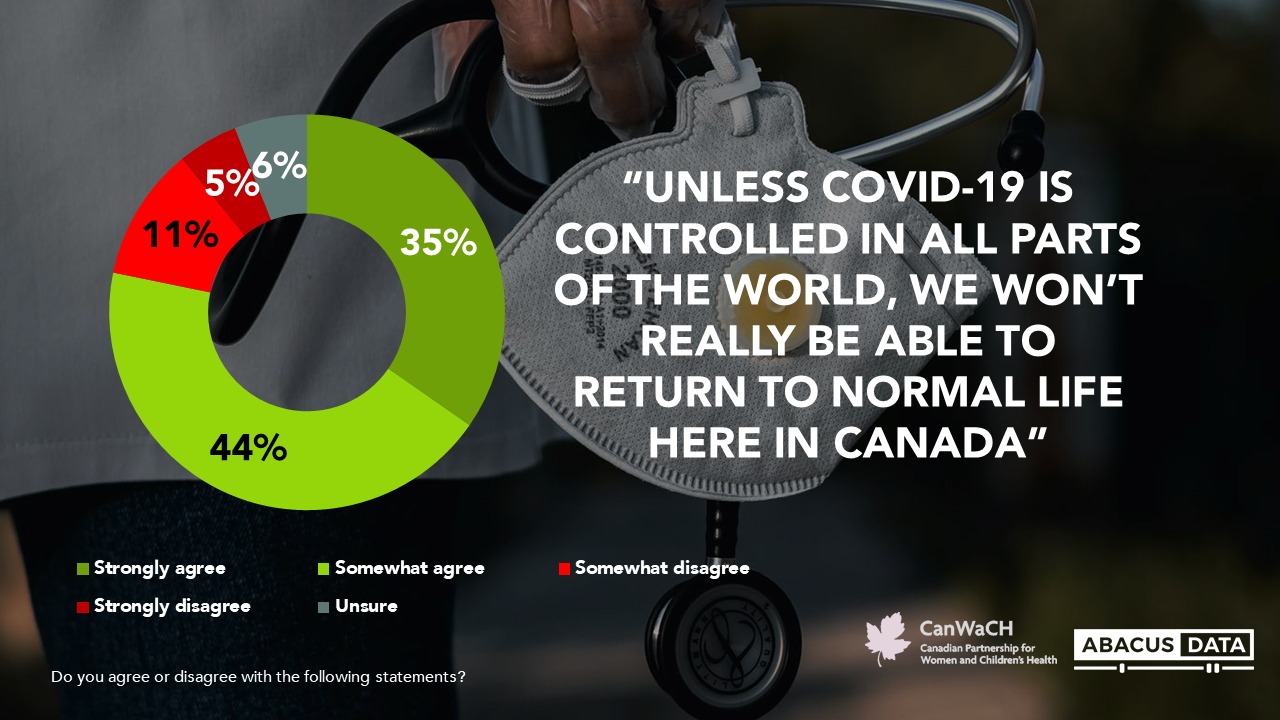
A desire for Canada to take a lead in a global approach because of the impacts here at home also crosses party lines. Again, support is strongest among Liberal voters but there are also a considerable number of CPC voters that understand the importance of taking action globally.

UPSHOT
The COVID-19 pandemic has reminded Canadians just how small the world really is. This pandemic has shown us what happens outside our borders can have real implications on what happens here at home.
Most Canadians want the federal government to help ensure that healthcare workers globally get access to a COVID-19 vaccine and there’s little political risk in doing so. A desire to protect frontline workers worldwide crosses party lines. Only a small minority would be upset if the federal government announced significant funding to support those goals.
While the tendency for a Canada-first approach may seem appealing given the circumstances, our research shows that most Canadians see a global role for Canada in reducing the spread of COVID-19 and helping to protect those on the frontlines through widespread vaccine adoption.
ABOUT ABACUS DATA
We are the only research and strategy firm that helps organizations respond to the disruptive risks and opportunities in a world where demographics and technology are changing more quickly than ever.
Find out more about what we are doing to help clients respond to the COVID-19 pandemic.
We are an innovative, fast-growing public opinion and marketing research consultancy. We use the latest technology, sound science, and deep experience to generate top-flight research-based advice to our clients. We offer global research capacity with a strong focus on customer service, attention to detail and exceptional value.
We were one of the most accurate pollsters conducting research during the 2019 Canadian Election.

Contact us with any questions.
Find out more about how we can help your organization by downloading our corporate profile and service offering.
METHODOLOGY
The survey was conducted with 1,659 Canadian residents aged 18 and over from October 29th to November 2nd, 2020. A random sample of panelists were invited to complete the survey from a set of partner panels based on the Lucid exchange platform. These partners are typically double opt-in survey panels, blended to manage out potential skews in the data from a single source.
The margin of error for a comparable probability-based random sample of the same size is +/- 2.4%, 19 times out of 20.
The data were weighted according to census data to ensure that the sample matched Canada’s population according to age, gender, educational attainment, and region. Totals may not add up to 100 due to rounding.

